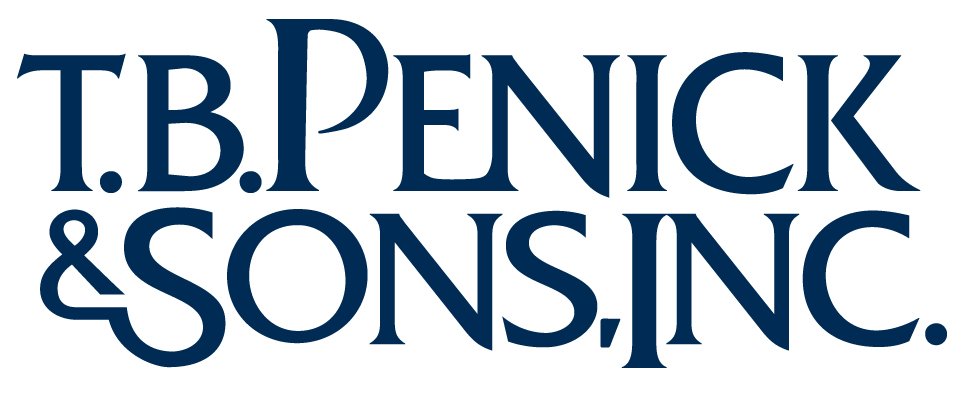Off-site modular construction for the first time will make its way into the International Building Code 2021 edition. The codes will be included in the new 1200-202x, Standard for Off-Site Construction: Planning, Design, Fabrication and Assembly and new ICC 1205-202x, Standard for Off-Site Construction: Inspection and Regulatory Compliance. The former seeks to address the design to building process for off-site 3D volumetric and 2D panelized prefabricated building components from their fabrication to transportation and assembly while the latter will formalize adoption of regulations upon which officials can rely on for approval, permitting and inspection of such projects. The new chapters will also codify the role of third party design approval and inspection agencies, state modular programs and Authorities Having Jurisdiction for both commercial and residential projects. These regulations will apply only to projects being built utilizing IBC/IRC codes and will not apply to HUD Manufactured Housing.
The Off-Site and Modular Construction Standards Committee (IS-OSMC) was appointed by the ICC Board of Directors in July 2019 and has primary responsibility for the development as American National Standards. All standards development is subject ot ICC’s Consensus Procedures. Applications to server on the committee were received on April 15, 2019 for the ICC Board of Directors consideration in response to a call for committee in March 2019.
Also known as “Prefabricated, Pre-Fab and Off-Site” construction, modular construction is a method of construction that fabricates major portions of a building at an off-site location and then transports it onto the site for assembly generally via a crane. Modular construction has seen increased market growth in the United States over the last 40 years with more prevalence in areas with shortened construction schedules due to inclement weather. Overseas modular construction accounts for a greater share of overall construction activity in many parts of Europe and some markets in Japan. When correctly designed and constructed, modular construction is difficult to differentiate from other construction methods.
Ralph Tavares, PE of R&S Tavares Associates, Inc., a San Diego Modular Design & Engineering firm, sits on the workgroup for the code language of the two chapters along with other members of the Modular Building Institute. One point of contention Ralph pushed for was the ability for design professionals such as Architects and Engineers to submit a modular building project directly to the State which currently isn’t possible. The process as it is now requires a modular manufacturer to be identified first. The manufacturer then submits the project and pulls the permit from the state for a modular building. This is a barrier in the typical design-bid-build procurement process unique to modular projects. 35 States have a State Modular Program that this change will benefit, including California. The 2021 code will also identify processes and best practices all States that adopt the IBC will be able to follow to permit and inspect Modular projects.
Modular construction has long been praised as a greener, faster, and more efficient way to build, with factories able to capture and recycle more waste product than their traditionally built counterparts. Modular manufacturers also typically retain labor for longer periods of time and workers are subjected to less overall inclement weather, construction hazards and pollution.
35 States in the US currently have a state-level modular building program that allows for a more streamlined building permit utilizing third party engineering companies deputized on behalf of those states. The new code chapters will provide guidance on utilizing these programs for the fifteen states lacking one.
The 1200 and 1205 chapters are being developed as part of ICC’s standard development process. The ICC adheres to openness and transparency. All meetings are open to the public and any interested party can participate in committee meetings and considered for membership in committee created workgroups. Interested parties can contact the ICC IS-OSMC Secretariat, Karl Aittanieme, P.E. at kaittaniemi@iccsafe.org


























